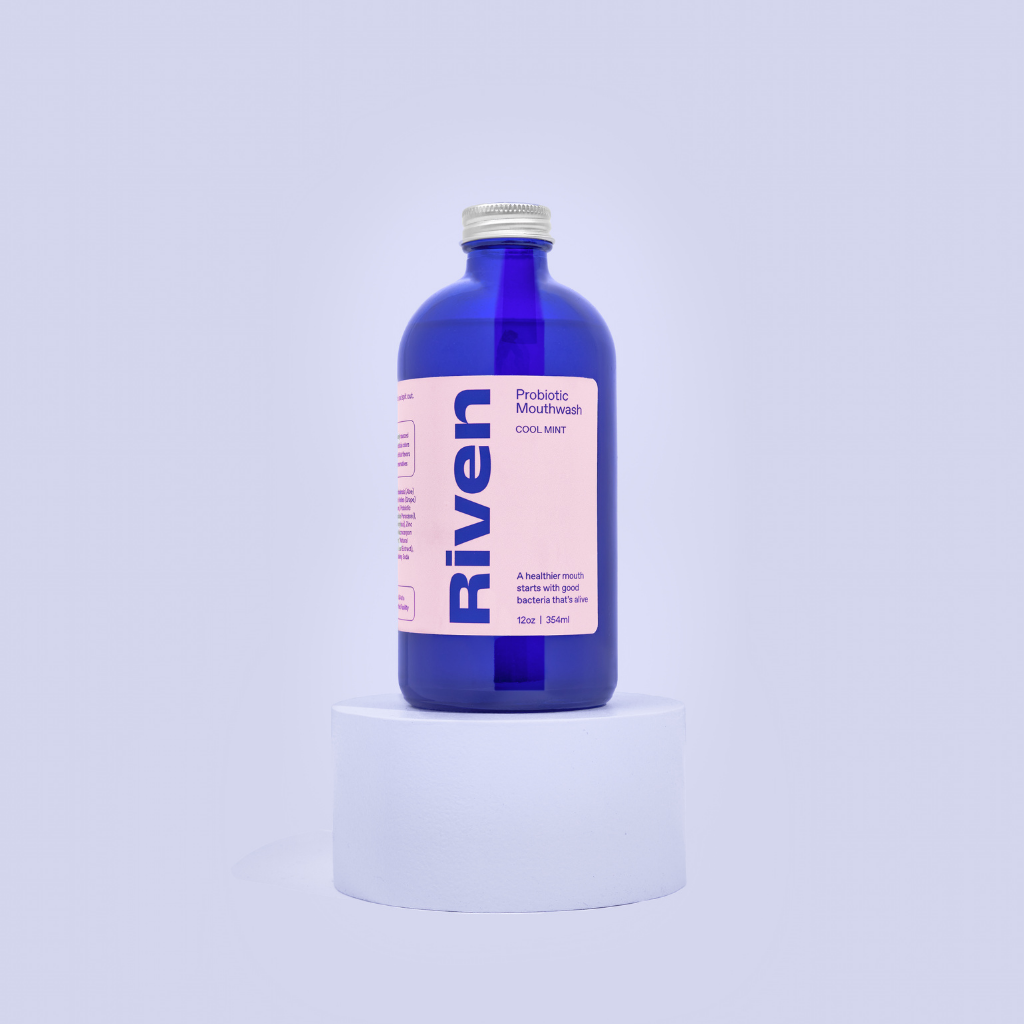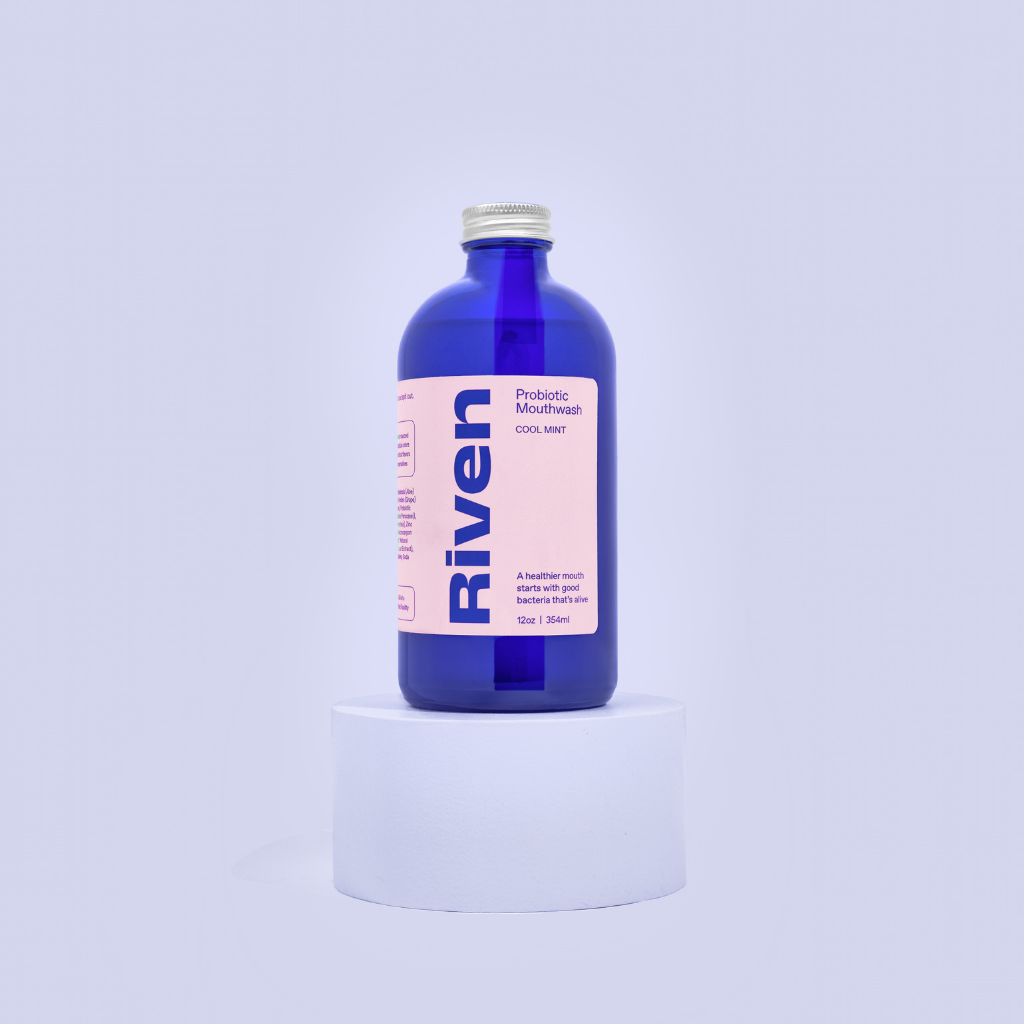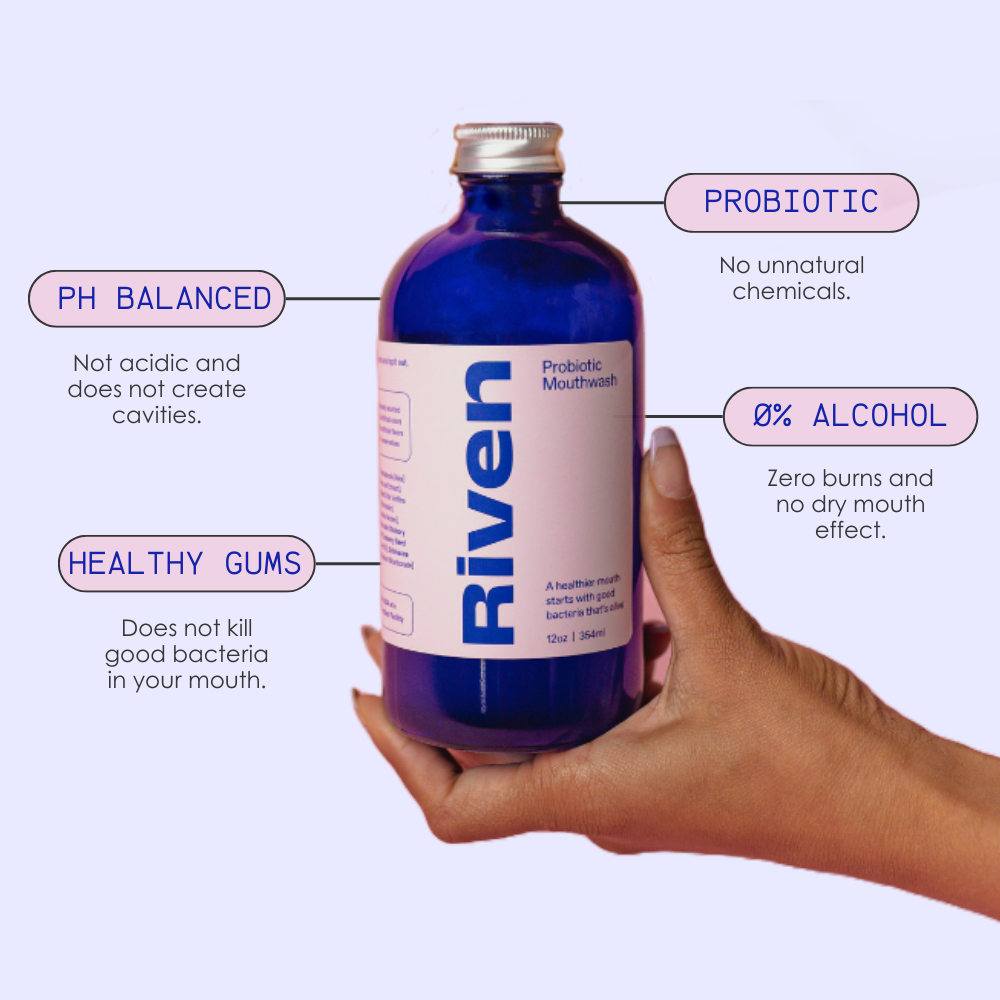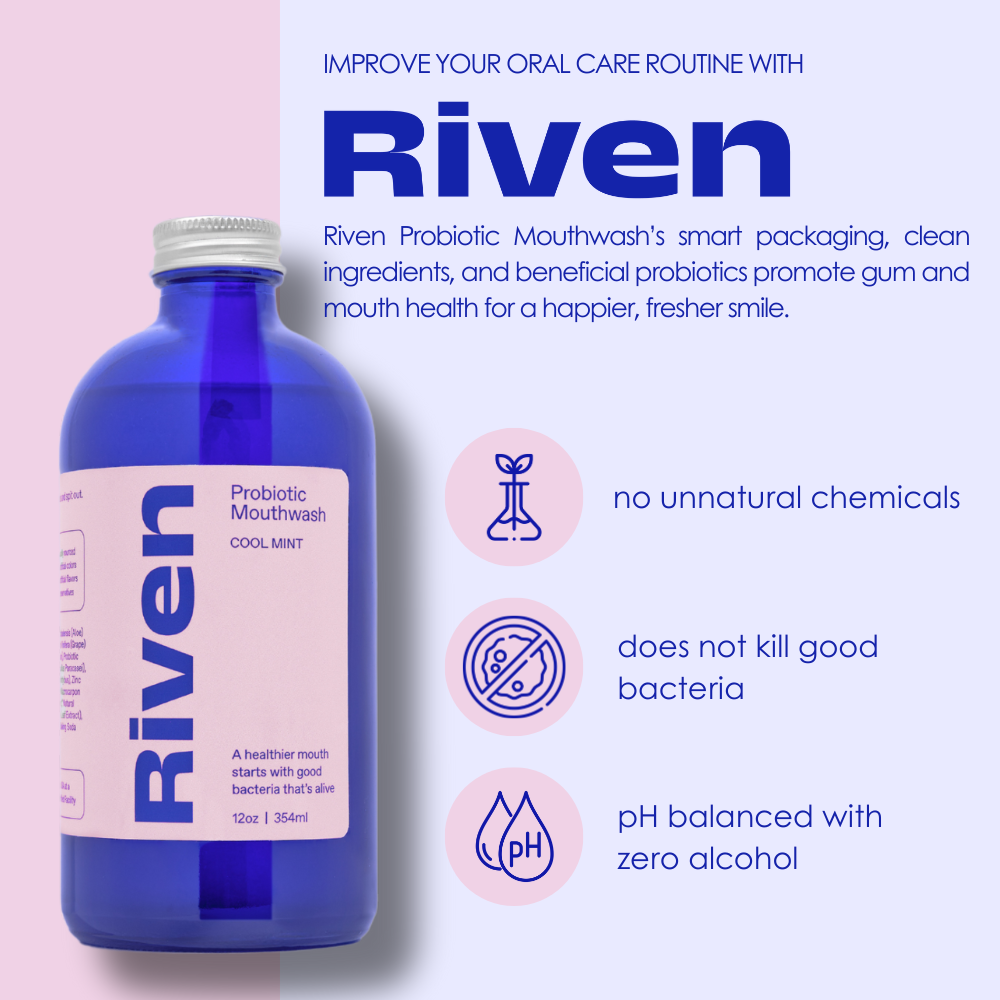Selecting the right toothpaste is essential for maintaining a healthy and white smile. With a wide range of options available, it's important to understand the different types of toothpaste and their specific benefits. We will discuss various toothpastes, including sensitivity control, charcoal, tartar control, anti-microbial, and whitening toothpastes. By the end, you'll be equipped to make an informed decision about which type of toothpaste is best suited for your individual needs.

Sensitivity Control Toothpaste:
For individuals with sensitive teeth, sensitivity control toothpaste offers relief from discomfort caused by hot or cold foods. Typically containing potassium nitrate and fluoride, this type of toothpaste strengthens teeth and blocks nerve pain. It provides effective relief for 3 to 4 weeks. However, it's important to note that sensitivity control toothpaste may not address the root cause of tooth sensitivity, so consulting with a dentist is recommended.
Charcoal Toothpaste:
Charcoal toothpaste has gained popularity due to its ability to remove plaque, stains, and whiten teeth. While it can be effective in brightening your smile, it's crucial to be aware of its potential drawbacks. Charcoal toothpaste is harsh and abrasive, which can weaken enamel over time. It's advisable to consider gentler alternatives that provide similar whitening benefits without compromising enamel health.
Tartar Control Toothpaste:
When plaque remains on teeth for an extended period, it can harden into tartar. Tartar control toothpaste, typically containing sodium hexametaphosphate, helps prevent tartar formation and removes stains above the gumline. However, it's important to note that tartar can be challenging to remove through regular brushing alone, and professional dental scaling may be required to fully eliminate it.
Anti-Microbial Toothpaste:
Anti-microbial toothpaste, often containing Triclosan as the main ingredient, is effective in reducing the risk of tooth decay, plaque, and gingivitis for up to 12 hours. However, concerns have been raised about Triclosan's potential impact on thyroid hormones and overall health. It's advisable to weigh the potential benefits against these considerations and consult with your dentist.
Whitening Toothpaste:
Whitening toothpastes use a combination of ingredients, including carbamide or hydrogen peroxide and mild abrasives, to remove stains and brighten teeth. They offer a convenient and cost-effective way to enhance the appearance of your smile. However, it's important to note that whitening toothpaste may have limitations in addressing deep or stubborn stains. For more significant whitening results, professional dental treatments may be necessary.
Fluoride Toothpaste:
Another crucial category of toothpaste to consider is fluoride toothpaste. Fluoride is a naturally occurring mineral that plays a pivotal role in strengthening tooth enamel and preventing cavities. Most toothpaste options, including those designed for sensitivity control, tartar control, and whitening, contain fluoride as a core ingredient.
Fluoride works by remineralizing tooth enamel, making it more resistant to acid attacks from plaque bacteria and acidic foods and drinks. This helps in the prevention of tooth decay and cavities, which makes fluoride toothpaste an essential choice for maintaining overall oral health.
While fluoride toothpaste is generally safe and effective for the majority of people, it's essential to be mindful of the fluoride content, especially for children. Young children who are still learning to brush their teeth may inadvertently swallow toothpaste, which can lead to excess fluoride ingestion and potential fluorosis, a cosmetic issue affecting tooth enamel.
To ensure safe usage, use a pea-sized amount of fluoride toothpaste for children and supervise their brushing until they can effectively spit out the toothpaste. For adults and older children, fluoride toothpaste is a key tool in the fight against tooth decay, making it an excellent choice for everyday oral care.
In conclusion,
the world of toothpaste offers a diverse array of options, each tailored to specific oral health needs. While sensitivity control, charcoal, tartar control, anti-microbial, and whitening toothpaste all serve unique purposes, the common denominator often includes fluoride, which contributes to cavity prevention and overall tooth strength. When choosing your toothpaste, consider your individual needs and consult with your dentist for personalized recommendations. By making an informed decision, you can continue to maintain that radiant smile and optimal oral health.
Remember, no matter the toothpaste you select, consistency in your oral hygiene routine—brushing at least twice a day, flossing regularly, and scheduling routine dental check-ups—remains the cornerstone of a healthy smile that lasts a lifetime.





